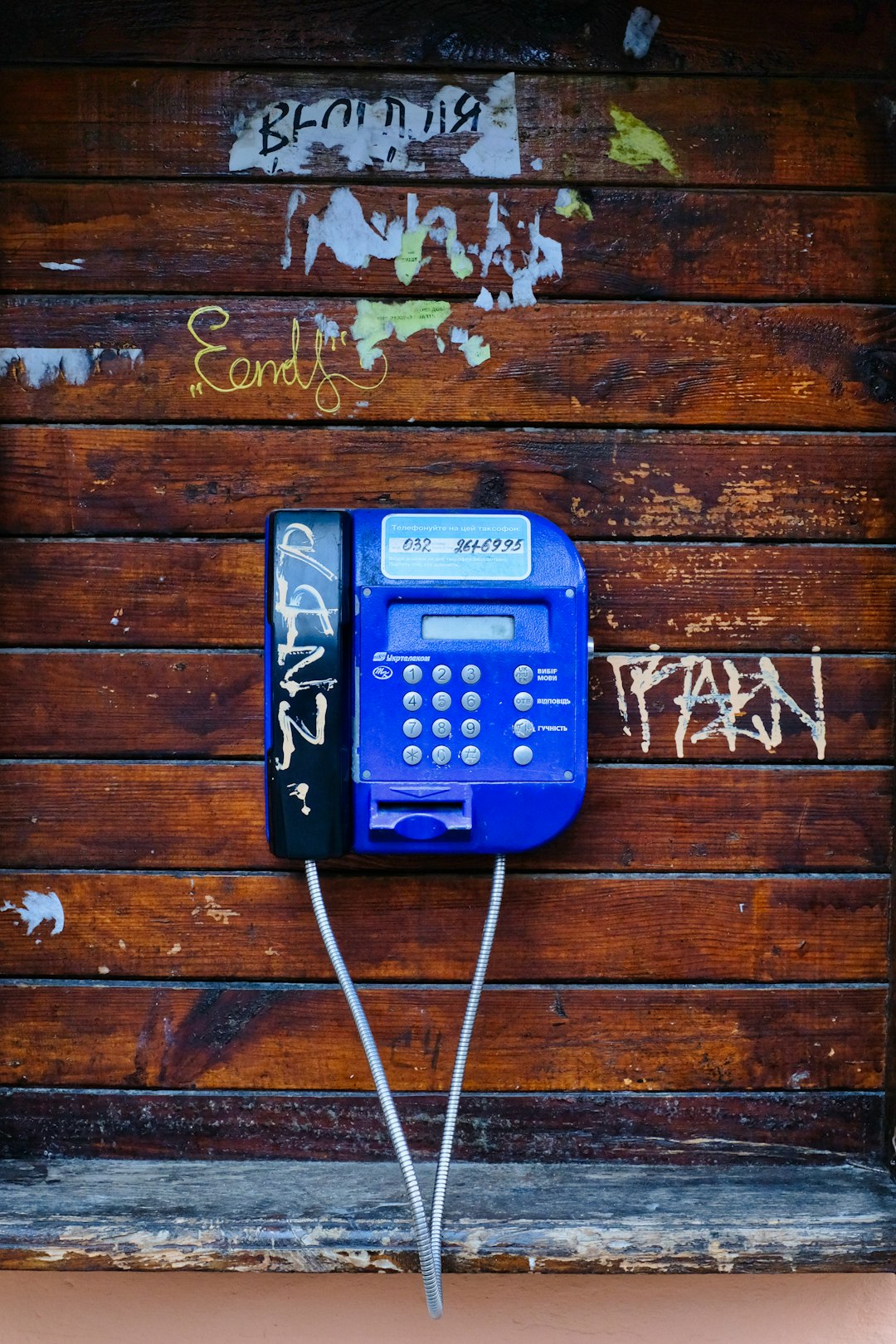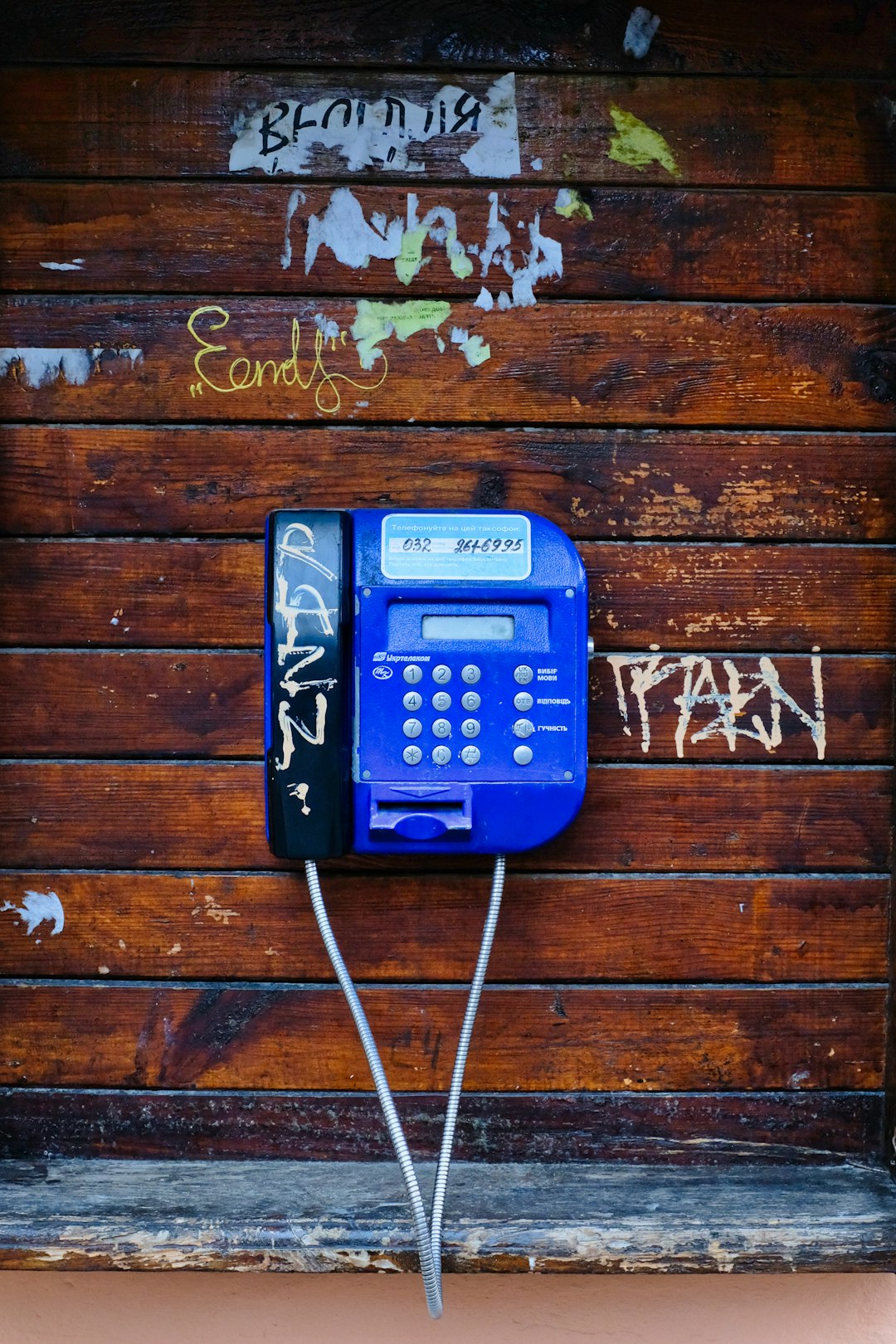Warrens Lake Waramaug, a precious natural resource in Connecticut, faces a unique challenge from spam call lawyers targeting state residents. As awareness of environmental issues grows, advanced water monitoring systems protect both public health and the lake's ecosystem. To combat unwanted text messages from spammers, the lake community has adopted multi-layered strategies: implementing filtering systems, user feedback mechanisms, and partnering with Connecticut spam call lawyers to enforce anti-spam laws. This collaborative approach ensures clear communication channels for conservation efforts while safeguarding residents from malicious communications.
Warrens Lake Waramaug, a vital waterbody in Connecticut, has recently been at the center of environmental attention due to water quality alerts. This article explores the complex interplay between public health notifications and spam texts, highlighting their impact on conservation efforts. We delve into the significance of Connecticut’s waterways, the rise of water quality alerts, and how misleading phone calls, often disguised as spam, can hinder effective communication. Understanding these issues is crucial for implementing anti-spam measures that ensure safer and more informed decision-making regarding our precious water resources, with insights from Connecticut’s leading spam call lawyers.
Understanding Warrens Lake Waramaug and Its Environmental Significance

Warrens Lake Waramaug, nestled in the heart of Connecticut, is a vibrant and bustling natural wonder that holds significant environmental value. This picturesque lake serves as a crucial ecosystem, supporting diverse aquatic life and surrounding flora. Its pristine waters are a testament to the region’s commitment to environmental preservation. The lake’s beauty, however, has not gone unnoticed by those with malicious intent. As a result, Warrens Lake Waramaug has become a focal point for anti-spam measures, particularly in the context of disturbing spam call lawyers Connecticut residents have been experiencing.
The environmental significance of this lake extends beyond its scenic charm. It is a vital habitat for numerous bird species and supports a balanced aquatic ecosystem. Any form of pollution or disruption can have long-lasting effects on this delicate balance. Therefore, the implementation of strict anti-spam strategies is essential to protect not only the peace and tranquility of local residents but also the lake’s ecological integrity.
The Rise of Water Quality Alerts: Protecting Connecticut's Waterways

In recent years, water quality alerts have become increasingly prevalent in Connecticut, with communities taking proactive measures to protect their precious waterways. This shift is largely driven by the growing awareness of environmental concerns and the need to safeguard public health. With the rise of these alerts, Connecticut residents are more informed about potential hazards in their local waters, enabling them to take necessary precautions.
The implementation of water quality monitoring systems has been pivotal in this initiative. Advanced technology allows for real-time data collection, enabling authorities to quickly identify and address issues such as elevated levels of pollutants or harmful bacteria. This proactive approach not only protects the health of those who rely on these waterways for recreation and drinking water but also serves as a powerful deterrent against environmental negligence. Moreover, it provides a valuable resource for Connecticut’s spam call lawyers, who can use these data points to advocate for stricter regulations and hold polluters accountable.
How Spam Texts Relate to Water Conservation Efforts

In the ongoing efforts to preserve and protect Warrens Lake Waramaug’s delicate ecosystem, a peculiar challenge has emerged in the form of spam texts. These unwanted messages, often promoted by so-called spam call lawyers Connecticut, have found their way into the hands—and inboxes—of concerned residents and environmental advocates. While these legal services may be legitimate, their mass distribution can disrupt conservation initiatives. Every spam text received is a distraction from the critical task of raising awareness about water quality issues and implementing sustainable practices.
The relationship between spam texts and water conservation is indirect but significant. On one hand, these messages may provide important legal information for property owners; on the other, they contribute to an overall sense of clutter and desensitization. In a region like Waramaug where community involvement in water protection is vital, every effort must be made to ensure communication channels remain clear and focused. By mitigating the impact of spam texts, conservation organizations can enhance their outreach efforts, fostering a more engaged and informed community dedicated to preserving the lake’s health.
Legal Aspects: Dealing with Misleading Phone Calls in Connecticut

In Connecticut, misleading or unwanted phone calls, often referred to as spam calls, are regulated by state and federal laws designed to protect consumers from deceptive practices. These regulations aim to curb the rising tide of automated and prerecorded messages that can be intrusive and frustrating for recipients. Spam call lawyers in Connecticut play a crucial role in ensuring these laws are upheld. They assist individuals and businesses in navigating legal complexities related to unwanted telephone marketing tactics, including robocalls.
If you’ve received suspicious phone calls or feel your privacy has been invaded due to spam calls, consulting with a lawyer specializing in this area is advisable. Spam call attorneys can guide you through your rights and options, helping you take appropriate action against the culprits. They can file complaints on your behalf, represent you in legal proceedings, and ensure that companies comply with Connecticut’s strict anti-spam laws, thus promoting better consumer protection.
Implementing Anti-Spam Measures for Safer Water Communication

In an effort to enhance water quality communication and protect residents, Warrens Lake Waramaug has implemented anti-spam measures to combat unwanted calls and texts. With a focus on public safety and environmental awareness, these initiatives aim to prevent malicious or misleading messages that could cause panic or misinform citizens about local water conditions. By adopting advanced filtering systems, the lake authority ensures that only legitimate alerts reach residents’ devices.
Additionally, the introduction of a dedicated feedback mechanism encourages users to report suspicious activities or spam calls, aiding in the identification and swift action against potential spammers. Collaborating with Connecticut-based spam call lawyers can further bolster these efforts, providing legal recourse for effective deterrence. This multi-faceted approach guarantees that residents receive accurate, timely information about water quality while maintaining a robust defense against unsolicited and harmful communications.






